Politics and the Sciences of Culture in Germany, 1840-1920
Examining the ways in which politics and ideology stimulate and shape changes in human science, this book focuses on the cultural sciences in nineteenth and early twentieth-century Germany. The book argues that many of the most important theoretical directions in German cultural science had their origins in a process by which a general pattern of social scientific thinking, one that was closely connected to political liberalism and dominant in Germany (and elsewhere) before the mid-nineteenth century, fragmented in the face of the political troubles of German liberalism after that time. Some liberal social scientists who wanted to repair both liberalism and the liberal theoretical pattern, and others who wanted to replace them with something more conservative, turned to the concept of culture as the focus of their intellectual endeavors. Later generations of intellectuals repeated the process, motivated in large part by the experiences of liberalism as a political movement in the German Empire. Within this framework, the book discusses the formation of diffusionism in German anthropology, Friedrich Ratzel's theory of Lebensraum, folk psychology, historical economics, and cultural history. It also relates these developments to German imperialism, the rise of radical nationalism, and the upheaval in German social science at the turn of the century.
{{comment.content}}
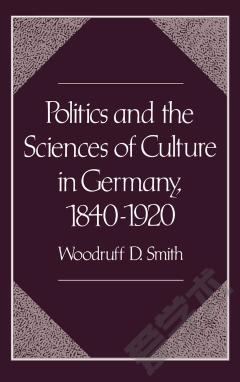
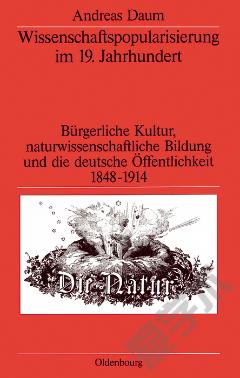
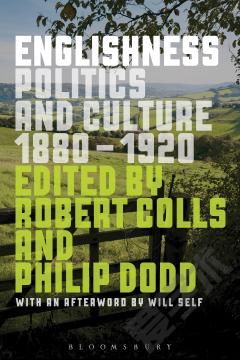

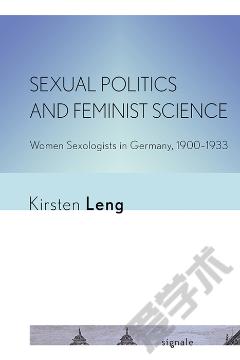

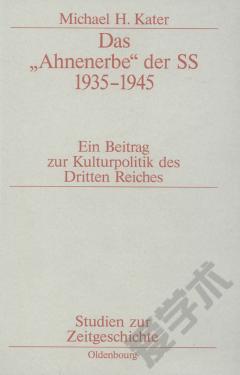

 京公网安备 11010802027623号
京公网安备 11010802027623号